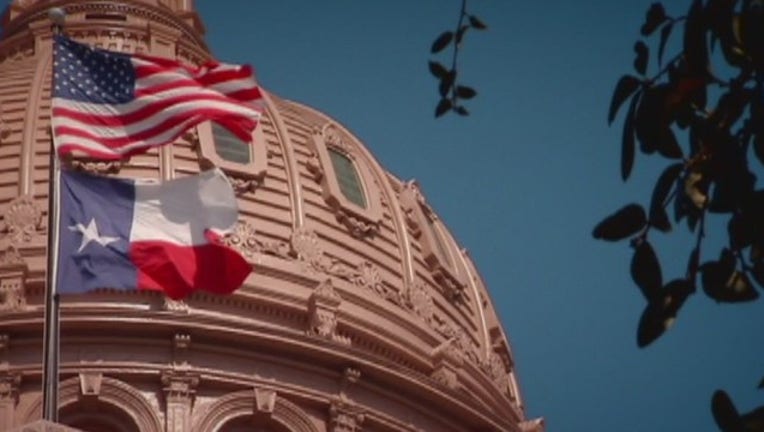Texas officials say thousands of non-citizens on voter rolls

AUSTIN, Texas (AP) - Texas elections officials said Friday that they have identified roughly 95,000 non-U.S. citizens on voter rolls going back to 1996, raising alarms among voting rights activists who called the numbers suspect and feared new efforts to tighten access to the ballot box.
The state has been one of the nation's biggest voting rights battlegrounds in recent years and drawn attention over severe punishments in voter fraud cases. In 2017, a Fort Worth jury sentenced a Mexican national who has lived in the U.S. since she was a baby to eight years in prison for illegal voting, after which she faces deportation.
Republican Texas Attorney General Ken Paxton highlighted that case in a statement about the latest numbers released by state elections officials. Roughly 58,000 of the suspected non-citizens are believed to have voted in at least one Texas election, and Paxton said his office "will spare no effort in assisting with these troubling cases."
Nearly 16 million people in Texas are registered to vote. Paxton said his office last year prosecuted 33 people for voter fraud, though it was not immediately clear how many of those cases involved non-citizens.
Republican Gov. Greg Abbott praised the findings, which officials said were the result of voter rolls being checked against a state database of Texas residents who are not citizens but leally obtained driver's licenses.
"I support prosecution where appropriate. The State will work on legislation to safeguard against these illegal practices," Abbott tweeted.
Sam Taylor, spokesman for the Texas secretary of state's office, said they were "very confident" the citizenship data obtained by the Texas Department of Public Safety was current. But a voting rights group immediately questioned the accuracy of the data and warned that the numbers would likely fuel efforts to tighten voting laws.
Texas Democratic lawmakers also urged caution, including Dallas state Rep. Rafael Anchia, who said "because we have consistently seen Texas politicians conjure the specter of voter fraud as pretext to suppress legitimate votes, we are naturally skeptical."
Texas has one of the nation's toughest voter ID laws and spent much of this decade defending Republican-drawn voting maps, which lower courts called discriminatory and racially gerrymandered. The Supreme Court, however, largely upheld the maps last summer .
"There is no credible data that indicates illegal voting is happening in any significant numbers, and the Secretary's statement does not change that fact," said Beth Stevens, voting rights legal director for the Texas Civil Rights Project.
___
Follow Paul J. Weber on Twitter: www.twitter.com/pauljweber

